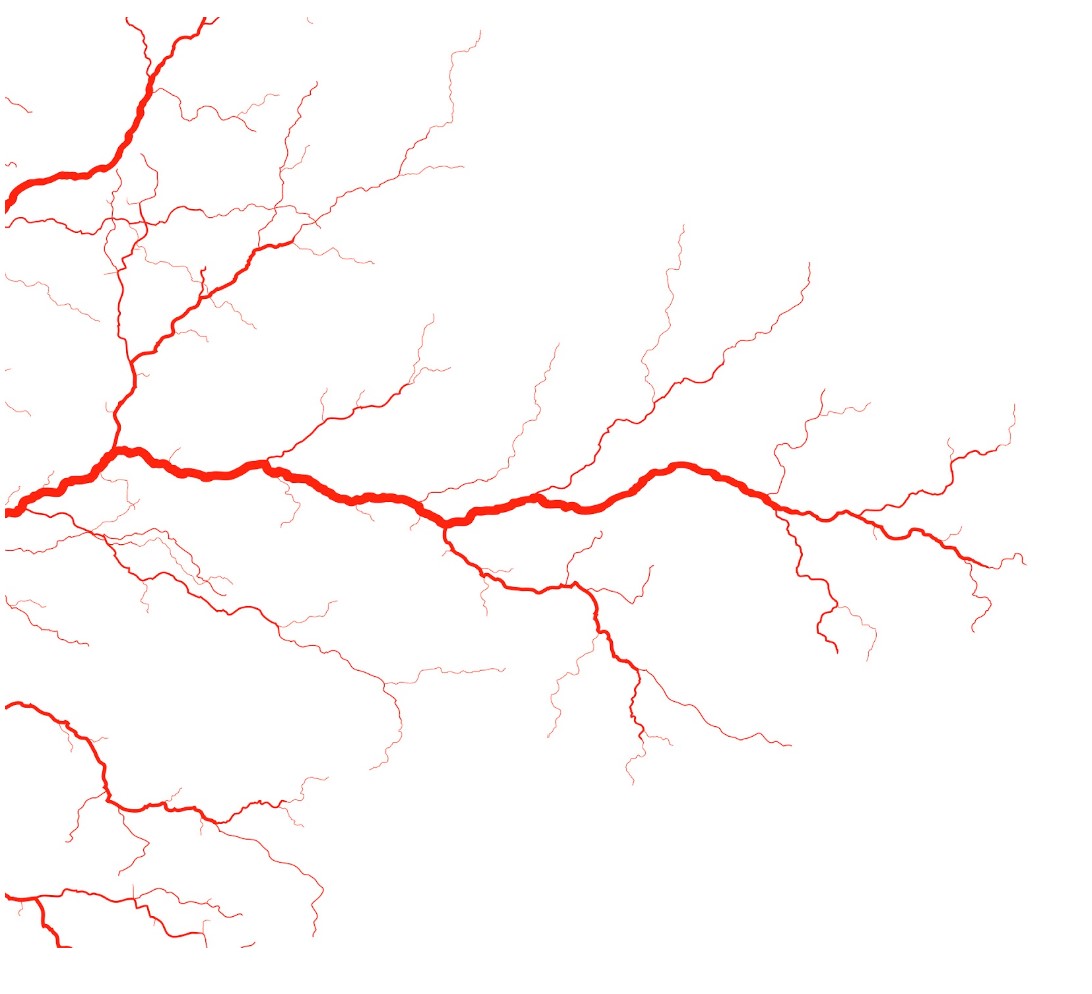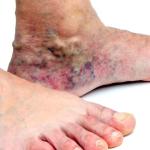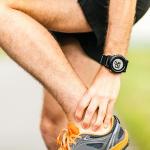
Have you ever experienced leg or calf cramps once you’re in bed for the night? There is a good chance we have all been there, jumping out of bed and yelling as we try to stretch the cramp away! But why does this happen? Although cramping in your leg can be due to things such as magnesium deficiency, muscle fatigue, or dehydration, what many people don’t know is that leg cramps can also be due to poor circulation, specifically varicose veins!
As you most likely know, a healthy, functioning circulatory system consists of the arteries bringing nutrient-rich, oxygenated blood away from the heart to the cells of the body and the venous system bringing the carbon dioxide and toxins to the organs, heart, and lungs to be expelled. Typically, circulatory issues don’t happen overnight, they usually show up along with diagnosable health issues such as obesity, diabetes, heart disease, or chronic venous insufficiency. There are often warning signs associated with each of these health issues as well.
So how can you tell if your circulatory system is functioning properly? You should always discuss your symptoms with your primary care physician, but in the meantime, here are 7 signs you may experience when suffering from poor blood circulation.
Quick and Easy Online Symptom Quiz
Symptoms of Poor Blood Circulation
1. Muscle cramping
Back to those pesky muscle cramps. Did you know the leg cramps you experience may actually be due to varicose veins? When the veins cannot get blood flow out of the legs properly, the waste products from the cells are stuck as well.
So, what does that have to do with muscle cramps? As the venous blood in the varicose veins sits and pools, over time the waste byproducts, such as lactic acid picked up from the cells, damage the vein walls and allow blood to leak through the vein wall into the tissue. This slow leak causes irritation and inflammation of the tissue and muscle and can cause the muscles in the legs to cramp, especially at night once we lay down.
2. Heaviness
As you walk or run throughout the day, do you notice your legs begin to feel heavy? Does it get worse throughout the day? Does it prevent you from wanting to participate in daily activities? If so, you may be among the millions of Americans experiencing one of the most common symptoms of chronic venous insufficiency or CVI! CVI is the disease process that leads to varicose veins.
When venous flow cannot properly exit your legs, you begin to experience high venous pressure, causing the venous flow to pool and creating the heavy feeling you may be experiencing.
3. Numbness
Do you ever experience a feeling of numbness in your hands or feet? This can be due to a myriad of reasons both related to arterial or venous issues affecting your nerves. This numbness could be related to something as simple as magnesium or B-12 deficiency or could point to something more serious like a narrowing of the arteries due to diabetes. Numbness can be an early warning sign for things such as multiple sclerosis, thyroid issues, or even CVI, so be sure to have a conversation with your primary care physician for further guidance if you experience this symptom.
4. Swelling
When you sit down to take your socks off at the end of the day, do you notice an indentation at your ankle or calf from your sock? Do you experience swelling in your feet, ankles, or legs consistently? While swelling can occur for many different reasons, it could also be related to your circulation. Speak with your primary care physician to determine if you should see a vein specialist.
5. Pain
Do you experience pain in your legs after walking for a few blocks? Does this pain get worse if you elevate your legs? Does it feel like it’s burning? If so, you may be experiencing peripheral artery disease and this pain is known as claudication. As your arteries narrow, oxygenated blood struggles to get to the cells as they need. If you believe you are experiencing this, speak with your primary care physician for the next steps in testing.
6. Cold extremities
Do you constantly deal with cold hands and or feet? Does it hurt? Do they turn blue? This could be a symptom of something such as an issue with your thyroid, circulatory system, or nerves. However, if your symptoms are indeed related to the circulatory system, there is a good chance it is related to an arterial issue. Proper arterial blood flow assists in regulating temperature, as well as bringing nutrient-rich, oxygenated blood to the cells, including the tips of your fingers and toes. Think of your chilly digits as a warning sign and speak with your primary care physician about your signs, symptoms, and concerns.
7. Varicose veins
Do you have bulging veins or even spider veins? Did you know that spider veins, while smaller, are also diseased veins that can cause aches, heaviness, and even restless legs?
Varicose veins occur when the valves inside the veins break, allowing blood flow to drop back towards the feet, instead of fighting gravity and moving back towards the heart. As pressure builds up, it can cause the veins to become large, twisted, and bulge. Because the waste products cannot be removed from the leg, they begin to seep through the vein wall into the tissue, potentially causing an array of symptoms such as itching, burning, and even a breakdown of tissue known as venous ulcers.
Not sure if your symptoms are related to varicose veins? Reach out to a vein specialist for a consultation!
How to Treat Poor Blood Circulation
Do you think you may have poor blood circulation? Not to worry! Speak with your primary care physician regarding your issues and concerns. Depending on what is taking place and its severity, there are many different potential treatment options. If you are found to have CVI or varicose vein disease, several daily activities and vein treatment options are available to improve normal venous flow. For a unique, customized treatment plan designed for you, consult a vein specialist.
Compression stockings
Did you know that wearing compression stockings or socks daily can promote better circulation in your legs? The pressure from the stockings assists in reducing the size of the veins and pushes the venous flow up to your heart while you wear them. If you have varicose veins, the use of daily compression helps minimize soreness, tiredness, and swelling at the end of the day. Finally, as they promote healthy circulation, they can also help prevent blood clots which is why they are suggested on long flights and drives.
Exercise
I don’t know about you, but I struggle to find the time to exercise! But, it is important that we make time for ourselves. Did you know 30 minutes of consistent elevated heart rate can actually decrease stress levels and increase focus? As we gain weight, it can put additional strain on our circulatory system as the heart tries to pump blood throughout the body. Remember, lifestyle changes are most beneficial in the long run than diets. Make small, meaningful changes every day and stick to it!
Vein Treatments
Do you experience aching, heaviness, pain, restless legs, muscle cramps, or have varicose veins in your legs? If you do, visit a vein specialist! After a thorough visit, the provider will recommend a unique, specialized treatment plan based on your disease process and needs.
Do you experience any of the signs of circulatory issues? If so, you are not alone! Talk to your primary care physician about your signs, symptoms, and concerns, or use the link below to reach out to a vein specialist today to determine how they can help alleviate your symptoms at the root cause.



